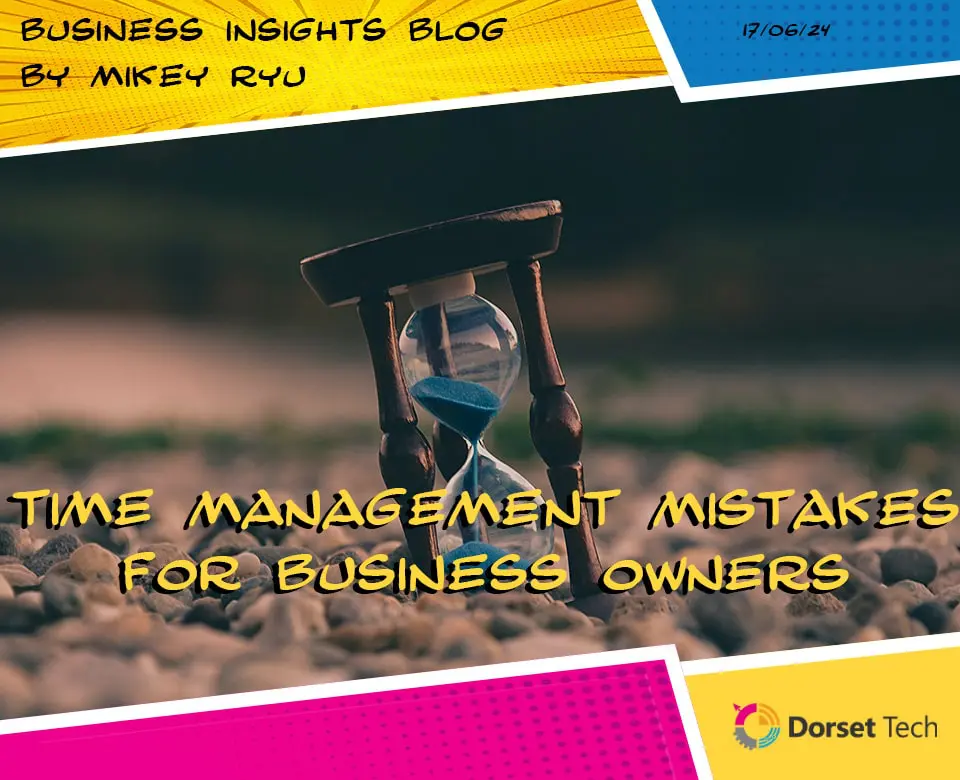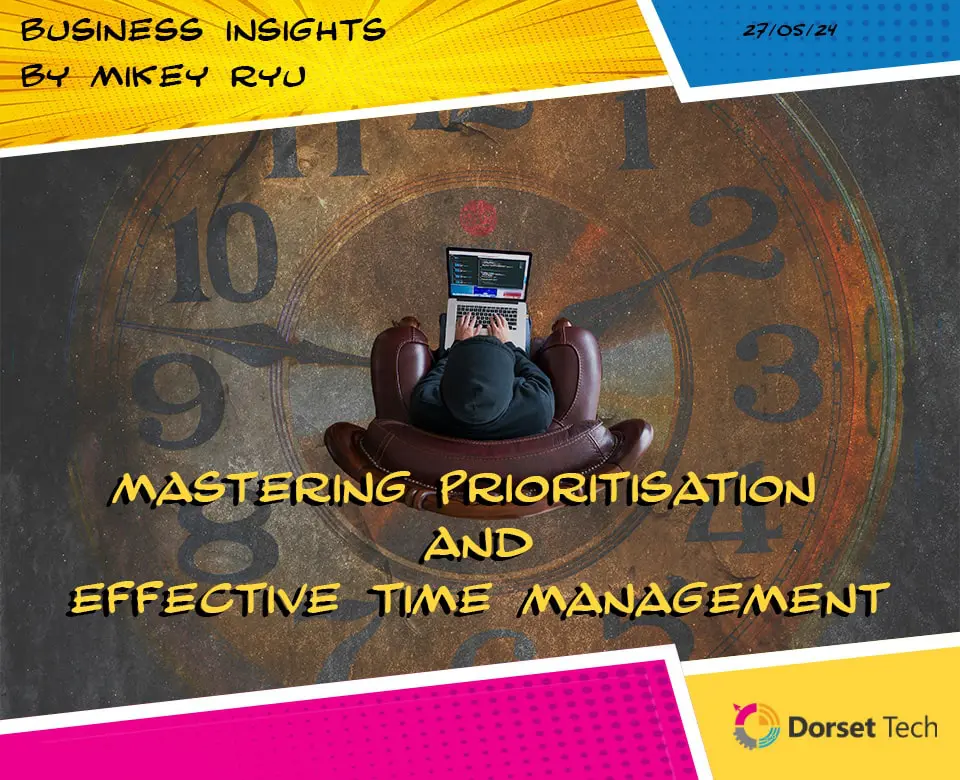
Time Management: Time Management Strategies
As a small business owner, managing time efficiently isn’t just a good practice; it’s a fundamental aspect of ensuring your business thrives. With numerous responsibilities such as managing staff, overseeing operations, and planning growth strategies, time can feel like your scarcest resource. Effective time management can help you handle pressure, meet deadlines, and balance your work and personal life more effectively. This blog explores practical time management strategies that small business owners can implement to enhance productivity and keep their businesses moving forward.
Understanding Time Management
Time management refers to the process of organising and planning how to divide your time between specific activities. Good time management enables you to work smarter – not harder – so that you get more done in less time, even when time is tight and pressures are high. For small business owners, mastering this skill can mean the difference between business survival and failure.
Time Management Strategies
1. Prioritise Tasks
Start by identifying the tasks that are crucial for your business and categorise them based on their urgency and importance. Tools like the Eisenhower Box can help you decide on and prioritise tasks by urgency and importance, sorting out less urgent and important tasks which you should either delegate or not do at all.
2. Set Clear Goals
Goal setting is vital. Make sure your goals are SMART: Specific, Measurable, Achievable, Relevant, and Time-bound. By setting clear goals, you give your daily, weekly, and monthly tasks a direction. This not only helps keep your business on track but also ensures that you’re working toward enhancing your business’s growth and sustainability.
3. Use Technology to Your Advantage
Leverage technology to save time. Various tools and apps are available that can help automate tasks, manage time, and increase productivity. For example, project management tools like Asana and Trello can help keep track of projects and deadlines, while automation tools like Zapier can automate repetitive tasks.
4. Delegate
Delegation is not a sign of weakness but a key time management and leadership strategy. Identify tasks that others can do and find competent team members to delegate them to. This not only frees up your time for high-priority tasks but also helps empower your team, boosting morale and productivity.
5. Eliminate Distractions
Identify what distracts you during your workday—be it social media, unnecessary meetings, or frequent phone calls—and take steps to minimise these interruptions. For instance, setting specific times to check emails or social media can help manage distractions and focus on tasks that require undivided attention.
6. Time Blocking
Allocate specific time blocks for similar tasks to decrease distraction and increase productivity. This technique involves dedicating particular hours of the day to one type of task, like answering emails or making calls, and another part to another, like client meetings or strategy sessions.
7. Develop Routines and Stick to Them
Stable routines can enhance efficiency by automating a productive structure. Daily routines reduce the need to plan repeatedly and ensure that you balance task-oriented work with strategic thinking.
8. Take Care of Your Health
Effective time management is not just about finding ways to work more hours; it’s also about recognising the importance of breaks. Regular breaks increase productivity and creativity, and taking care of your health through proper diet and exercise can improve overall efficiency.
9. Review and Optimise Your Schedule Regularly
Regularly review and assess how you spend your time. Ask yourself if the time management strategies you’re employing are effective or if there’s a need to adjust them. This continuous process can help you refine your approach to managing time and ensure it always aligns with your business’s evolving needs.
10. Learn to Say No
As a small business owner, you’ll often find yourself bombarded with requests and opportunities. Learning to say no to tasks or projects that do not align with your goals or priorities is critical in managing your time and energy.
Conclusion
For small business owners, effective time management is crucial for balancing the myriad responsibilities that come with running a business. By prioritising tasks, setting clear goals, leveraging technology, and maintaining your health, you can maximise productivity and ensure your business not only survives but thrives. Implementing these strategies won’t just help you manage your business better; they’ll also give you more space to focus on growth and innovation. Remember, time is a finite resource, and how you manage it can determine the success of your business.





















